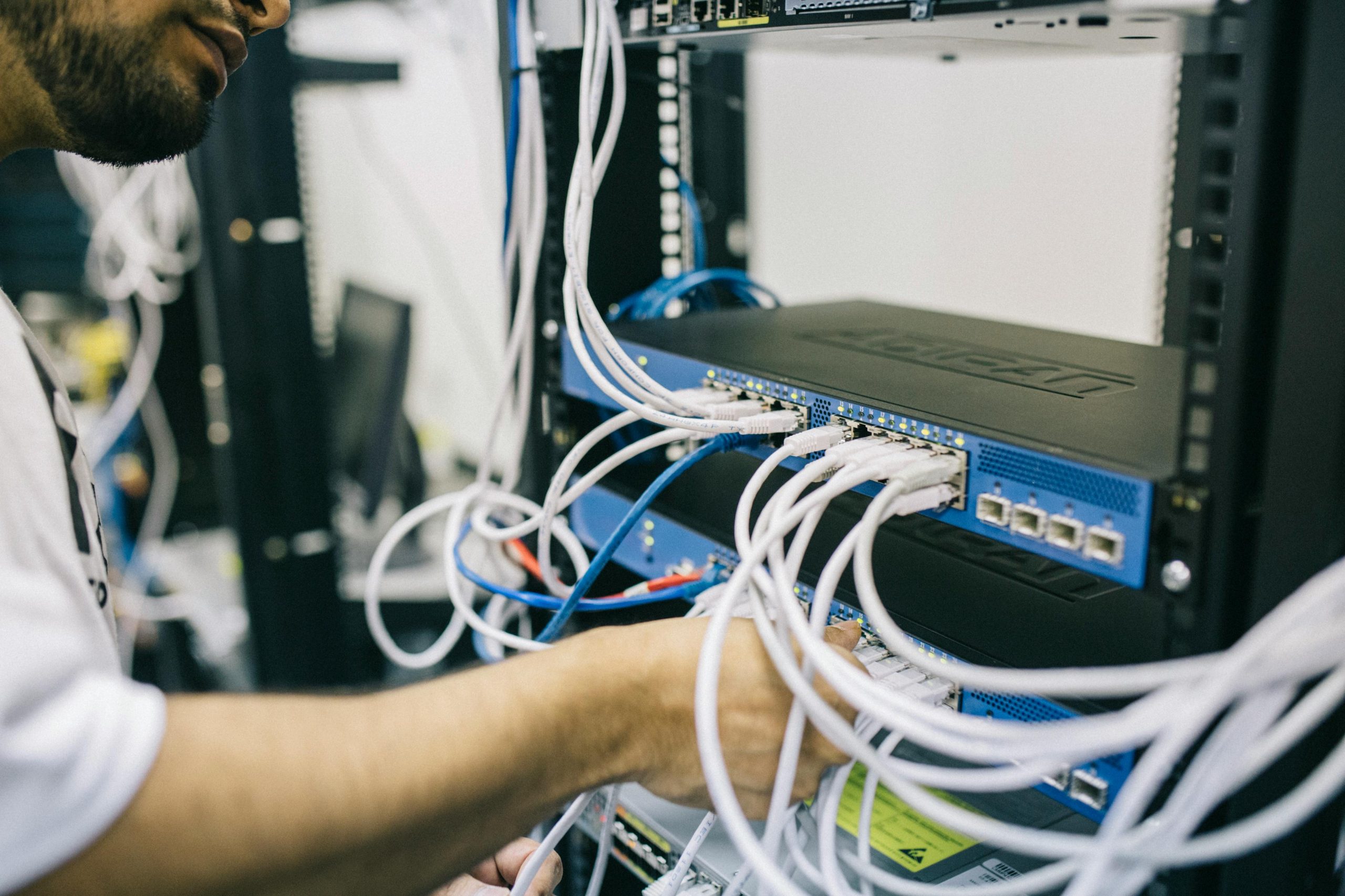There’s no denying the fact that investing in real estate is a good option for building and maintaining wealth over the long term. While there’s no guarantee that property values will rise, and certainly nothing can be guaranteed when it comes to investments, data shows that more often than not buying properties brings a good return on investment. However, making an investment in real estate is not without some risk. The following are 2 of the most common mistakes new investors make which relate to real estate investing.
1: Not doing due diligence
An important factor to consider when buying property as an investment is whether or not it’s in an area that’ll be appealing to renters. As much as you may love your own neighborhood, there are often properties right next door that never seem to rent out, even though they’ve been reduced in price.
While it may be tempting to think you can just fix up the property yourself and seal the deal, this is where many new investors fall into trouble. Without adequate knowledge, experience, or resources to handle repairs on their own, these types of less-than-ideal properties often end up being money pits for people who buy them hoping they’ll turn a profit.
What you should do instead: Do your homework before making an investment to determine whether or not the property will be income-generating. Study up on how much it costs to make repairs, and what type of renter is likely to want the property. If you’re going to do renovations on your own, be sure to know how much these types of repairs cost. If you don’t have the tools or skills needed for home improvement, hire someone who does know what they’re doing so you can avoid overspending.
2: Underestimating expenses
It’s easy to think that buying an investment property is all about shelling out the initial cash and making a quick re-occurring income each month. However, there are plenty of expenses that come with owning and operating a rental property – and new investors often underestimate these costs.
For example, you’ll have to factor in the cost of utilities such as electricity, water, and heating/cooling services for your tenants (usually on top of the usual monthly rent). You may also want to consider hiring a property manager or leasing agent to take care of certain tasks, such as screening renters and collecting rent every month.
What you should do instead: Examine all of the expenses that come along with owning a rental property before making your purchase. Look into fees charged by utility companies (and see if they offer any special rates) as well as the cost of hiring a property manager or leasing agent. Jot down all of your expenses, allowing enough time to make future updates as you go along.
Conclusion
Ultimately, buying Denver commercial real estate (or any other area) comes with pros and cons. But if you keep these 2 biggest mistakes in mind, you should be able to protect yourself from making a bad investment.




